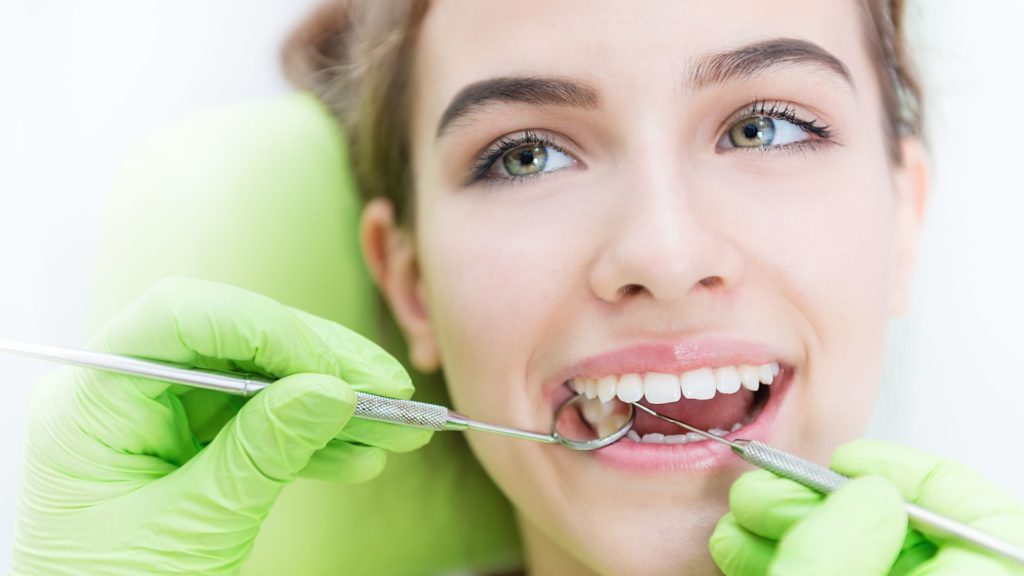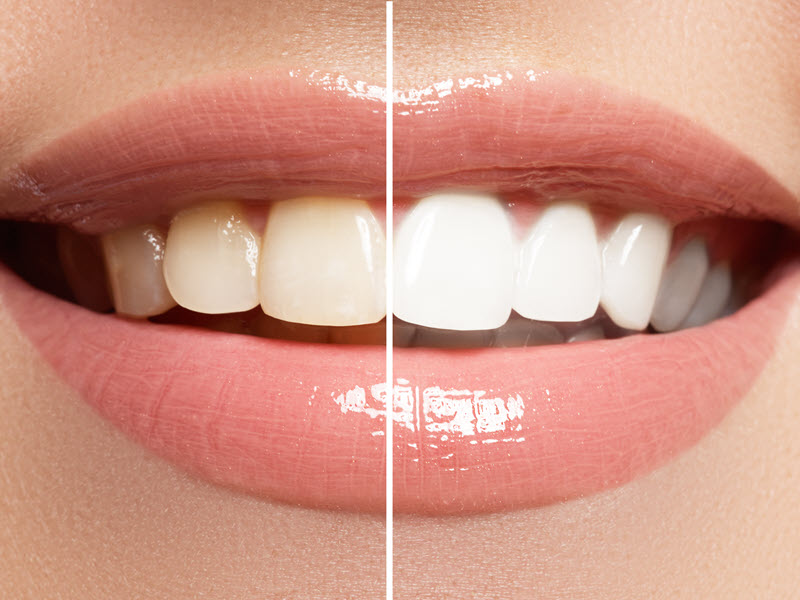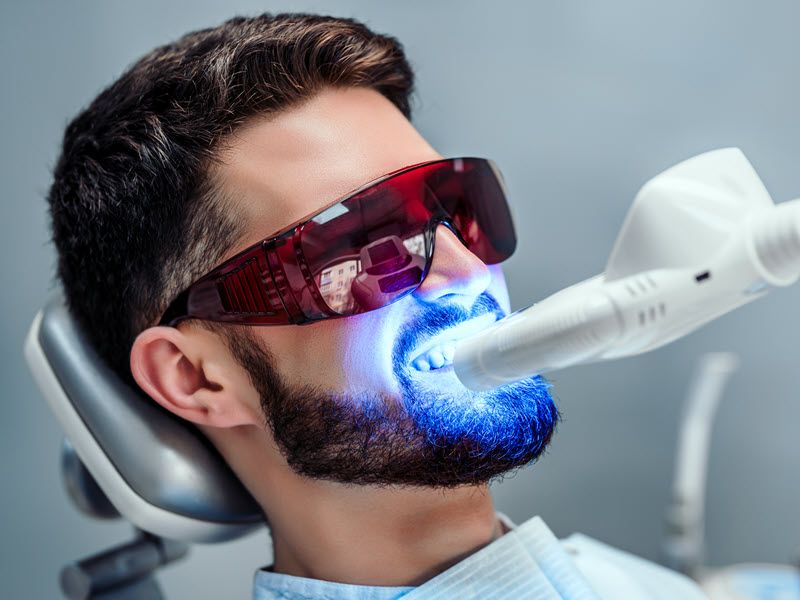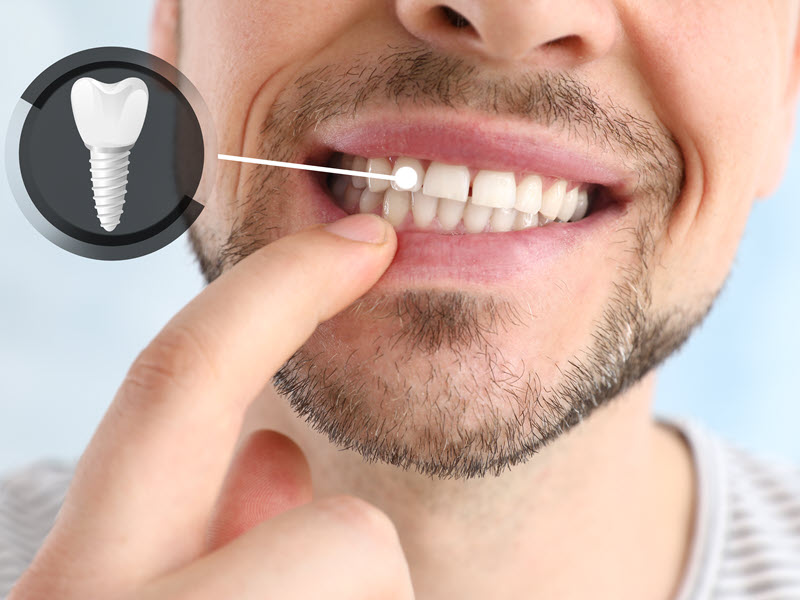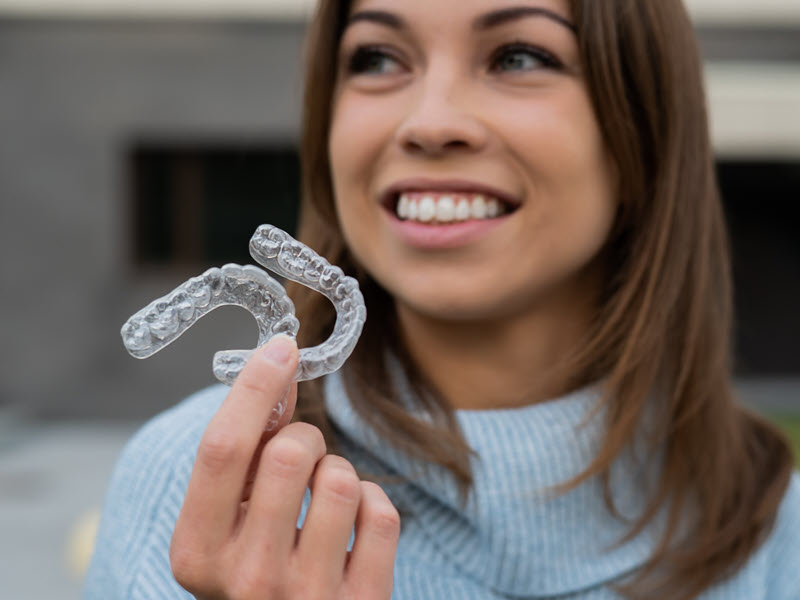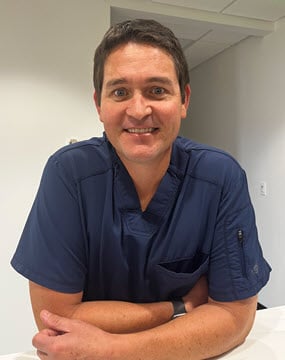Steps to Take to Get the Treatment You Need
At Murphy Dental, we understand that dental emergencies can happen at any time – even when our office is closed.
Existing Murphy Dental Patients in Fort Collins Experiencing a Dental Emergency
During Business Hours (Our office is Open Monday – Thursday)
Call us directly at (970) 225-8081.
Outside of Business Hours or On Weekends
Call us directly at (970) 225-8081.
We will typically have an emergency hotline that you can access from our voicemail.
Experiencing a Dental Emergency in Fort Collins and Not a Patient?
During Business Hours (Our office is Open Monday – Thursday)
We can effectively treat all dental emergencies during business hours. Call us directly at (970) 225-8081 to get seen quickly.
Outside of Business Hours or On Weekends
If you’re not an existing patient and have a dental emergency on the weekend, there are numerous options available to you to receive emergency dental service. These include local emergency dentists, teledentistry, and the emergency room- – all of which can provide some level of emergency dental care.
Immediate Actions to Take for After Hours Dental Emergencies
Note that the Murphy Dental website receives a lot of visitors from around the United States and Canada. The options provided here to receive emergency dental care are general recommendations regardless of where you may reside.
Your first step should be to contact your primary dentist to see if they’re available and follow their advice. It could be that your dental office is closed after hours or unable to handle emergencies on a given day. If your dentist isn’t available, you should reach out to 24×7 emergency dentists in your location. Telehealth (teledentistry) may also be an option. In some cases teledentistry (meeting with an dentist over the Internet) may provide you with the care that you need. Your final option should be to go to the local emergency room if you’re unable to get in touch with your primary dentist, emergency dentist or an online teledentistry.

According to the American Dental Association, In some cases, a teledentistry appointment may be sufficient to get started on treatment for your dental emergency – especially when meeting a dental provider in person isn’t an option.
Knowing what to do in a dental emergency can save your tooth and protect your oral health. Here are some steps you can take for various dental emergencies:
Handling Tooth Pain
If you have a toothache, rinse your mouth with warm water to clean the area. Gently floss to remove any food that might be trapped. Do not put aspirin or any painkiller on the gums, as it might cause burns. Instead, take acetaminophen or ibuprofen to relieve your pain temporarily.
Dealing with a Knocked-Out Tooth
Keep the tooth moist by either placing it back into its socket, holding it between your gum and cheek, or putting it in a container with milk or a cell growth medium. The key is to do this quickly: the sooner you can get to a dentist, the better the chances of saving your tooth. And remember, never touch the root of the tooth, only the crown.
Managing Swelling and Infection
If you notice swelling in your gums, face, or cheek, this might be due to an infection. Try rinsing your mouth with warm salt water several times a day and applying a cold compress on the affected area. See a dentist as soon as possible, as you might need antibiotics to clear the infection.
Treating Cracked or Fractured Teeth
Cracks and fractures are common dental emergencies, often caused by falling or contact sports. If you have a cracked tooth or a broken tooth, clean your mouth with warm water, and apply a cold compress to reduce swelling. Take pain relief medication if necessary, but avoid using numbing gels as they can damage gum tissue. Contact your dentist for emergency treatment for the broken tooth as soon as possible.
Finding an Emergency Dentist on Weekends
When facing a dental emergency on the weekend, it may seem like a challenge to find a dentist. Don’t worry! You can find emergency dental care even outside regular business hours.
Searching for a Dentist Open on Saturday
To begin your search for a dentist open on Saturday, Dentaly has a service that you can call: 866-383-0748 any time, any day of the year. A live operator will connect you to a dental clinic in your area so you can get the dental care you need. This number works 24/7, making it a valuable resource for your dental emergency needs.
Another option to explore is to call your family dentist or emergency dentist. Many dental offices offer after-hours dental care or refer you to an on-call substitute. Make a dental appointment as soon as you can, especially if you experience severe pain, infection, or dental trauma.
Seeking Endodontist Services
In some cases, your dental emergency may require an endodontist’s expertise. Endodontists specialize in treating the pulp and nerves inside teeth, which can be crucial during emergencies.
If you suspect you need endodontist care, discuss your concerns with the emergency dentist. They can determine if a referral is necessary and guide you towards the most appropriate treatment for your situation.
When to Visit a Hospital Emergency Room
If you face a dental emergency on the weekend, you may wonder if you should visit a hospital emergency room. In some cases, going to the emergency room is the right choice for emergency dental services. Knowing when to go can save your tooth and prevent more damage.

You should first turn to your primary dentist or an emergency dentist for dental emergencies. If that isn’t an option, it may be appropriate to head to the emergency room for dental care
Head to the emergency room if you have:
- A dislodged permanent tooth: A knocked out tooth is a common dental emergency. You’ll want to see a dentist immediately, but weekend schedules might not allow this. While waiting, put the tooth in milk, and pack the tooth socket with gauze or a cotton ball.
- Severe oral infection: If you notice intense pain, major swelling, fever, or difficulty breathing, visit the emergency room right away. These signs might point to an infection requiring urgent dental care.
- Heavy bleeding: If you experience constant bleeding after a dental injury, seek help at the emergency room. Apply pressure to the area with gauze or a clean towel to control the bleed.
- Broken jaw: If you suspect a broken jaw, head to the emergency room. Keep your jaw still by using a towel, tie, or handkerchief to wrap around your head and jaw.
In other situations, try to see your dentist on the weekend, or wait for their office to open on Monday. Mild toothaches and minor situations – like a chipped tooth that is only a cosmetic issue – can usually wait for regular business hours.
Understanding Dental Insurance and Emergency Care
Dental emergencies can happen at any time, including weekends. Knowing how your dental insurance covers emergency care and what steps to take is crucial.
First, review your dental insurance plan to understand the coverage for emergency dental care for your specific dental problem. Some plans may cover a portion of the dental treatment costs, while others may not. Familiarize yourself with your insurance policy to avoid surprises.
Remember, proper dental care and regular check-ups can help prevent dental emergencies. Stay proactive with your oral health to minimize unexpected issues.
Frequently Asked Questions
How do you deal with tooth pain on a weekend?
If you experience tooth pain on a weekend, try to manage it until you can see a dentist. First, rinse your mouth with warm water. Avoid using hot or cold liquids, as these might intensify the pain. You can also take over-the-counter pain relievers like ibuprofen, but never apply it directly onto your gums or teeth.
If the dental pain is unbearable, call your dentist for advice. Many dentists provide after-hours emergency care or on-call substitute recommendations for their patients.
How soon should a dentist see you for an emergency?
In most dental emergencies, it’s crucial to seek immediate attention. Injuries to your teeth or gums could worsen if left untreated. If your dentist is not available, going to the emergency room for treatment may be your best option.
However, the urgency of treatment depends on the specific situation. For example, if it’s a minor toothache, it might not require immediate care. But ignoring a severe toothache or persistent toothaches might lead to more significant dental problems later on.
In short, always reach out to your dentist or an emergency room to discuss your symptoms and get their advice on the best course of action.
What is Considered a Dental Emergency?
There may be various definitions of what comprises a true dental emergency. A dental emergency as something that has one or more of the following components:
- Bleeding that won’t stop
- Severe Pain that Won’t go Away
- Serious Infections that May be Life Threatening – or May Cause Significant Damage to Your Oral Health
Note that this is not a comprehensive list. See our article about what constitutes a dental emergency as well as the American Dental Association page on dental emergencies for more information.




